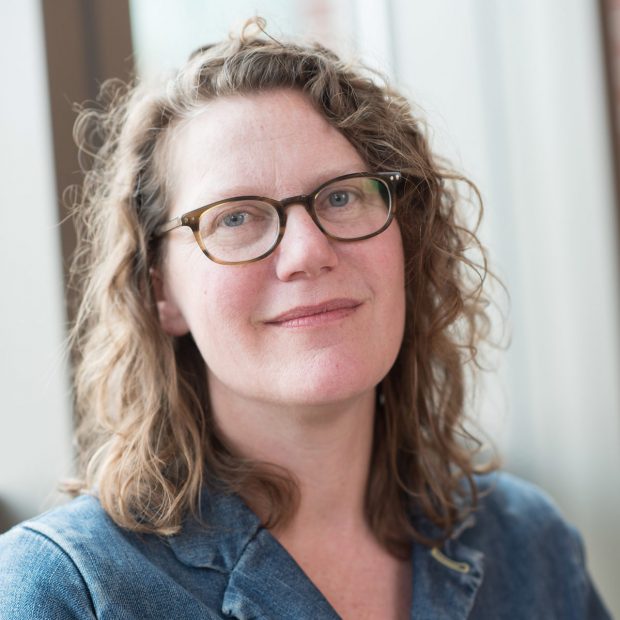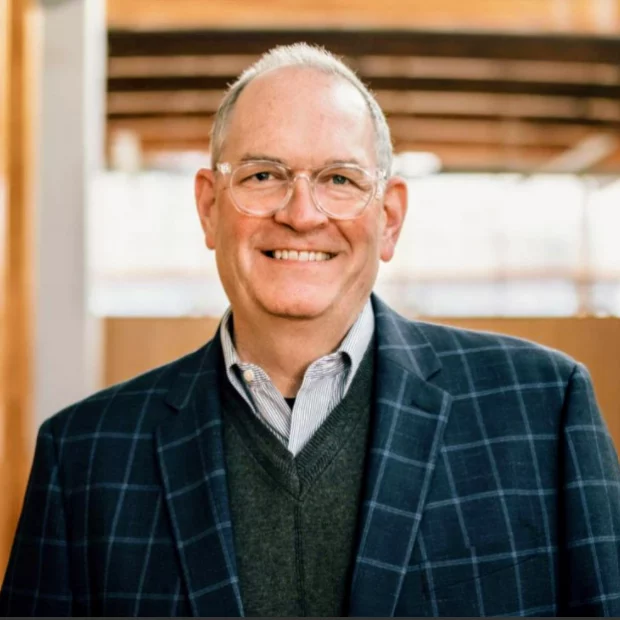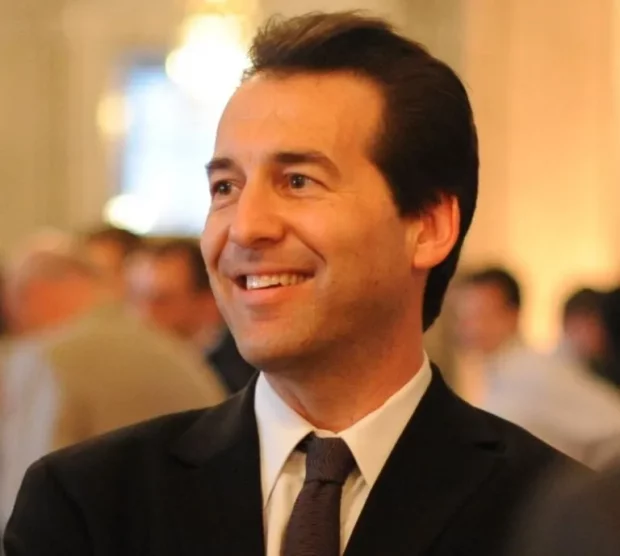After spending $60,000 on her education, Jennifer Hood came to a costly realization.
About this story: Idaho Education News filed a public records requests for emails to and from the State Board of Education, regarding the University of Idaho’s proposed University of Phoenix purchase. EdNews contacted the 27 people who emailed the board — and interviewed six of them for this article.
She was told a University of Phoenix master’s degree would help her land a job in her career within six months. So she spent two years pursuing her degree. The courses weren’t challenging; the biggest struggle, as the mother of a small child, was time management.
But when she took her spendy degree into the job market in Kansas City, Mo., she heard nothing.
“The only way I can get an interview is to not put anything about that ‘degree,’ that $60,000 piece of paper, on a resume,” she said. “University of Phoenix cost me two years that I could have spent on a reputable school. I’m financially in worse shape now than I was 14 years ago when I started.”

On the evening of May 17, Hood emailed the State Board of Education — detailing her experience and urging the board to block the University of Idaho’s proposed Phoenix purchase.
The board endorsed the $685 million purchase a day later.
These emails are the closest the public got to a public hearing.
More than two dozen people contacted the State Board on May 17 and 18 — after the board announced the proposed purchase. Only one person supported the idea.
Here’s what six of the opponents have to say now, and why they remain skeptical.
The ‘financialization’ of a public good?
U of I sociology professor Leontina Hormel is worried about how the acquisition would affect her colleagues.

Hormel is a tenured professor, so her position is safe. But if the sale goes through, she worries the U of I will inevitably shift some of its general education catalog to Phoenix — so the classes can be offered at a lower cost, by lower-paid instructors who aren’t on tenure track.
It’s “a version of outsourcing,” Hormel said, and she considers it inevitable.
“We’ve been told repeatedly that this is not going to have a negative consequence on business here, that it’ll just be business as usual on campus, but I find that very difficult to believe,” Hormel said recently.
In its “frequently asked questions” page on the purchase, the U of I says the purchase should not have a “significant impact” on university employees. The universities’ degree paths “will remain separate for now,” the U of I says.
Hormel does say U of I President C. Scott Green did a “great job” navigating an inherited fiscal crisis — one that forced him to make $22 million in cuts in his first 15 months on the job. But partnering with a for-profit school, especially one with a troubled past, strikes Hormel as a “financialization” of a public good.
“Ultimately, the bottom line is that that’s what they are looking at: the bottom line.”
‘A bad value proposition’
Scott Fehrenbacher served as the U of I’s student body president in 1980, and he’s still of the old school. So when he followed up on the letter he’d sent to Green, he couldn’t resist a little trash talk.
‘Their entire strategy of railroading this through is a very thin veil of recognizing this is a bad value proposition.’ — Scott Fehrenbacher

“In my letter to the alumni office, I said, ‘I’ll tell you how I felt about this in a way that you might understand. Had I read that Boise State was trying to buy the University of Phoenix, I would have danced around the room,’” Fehrenbacher said recently.
But Fehrenbacher is dead serious about a transaction that he believes will inflict lasting damage to his alma mater — and its reputation — at a critical point in time.
Green says the Phoenix acquisition will protect the U of I from the demographic cliff facing all universities — and the shrinking number of 18- to 22-year-olds headed to college. But Fehrenbacher says Green is thinking about it wrong: Acquiring Phoenix will cheapen the U of I brand, just when the recruiting pressure intensifies.
Fehrenbacher’s opposition stems from his own experience. Now the CEO of Habitat for Humanity in Vancouver, B.C., Fehrenbacher spent seven years as an administrator at Grand Canyon University, another Arizona-based for-profit school. And while Fehrenbacher understands why the U of I, and other colleges, want to catch up in the online marketplace, he doesn’t think Phoenix will give the U of I any technological edge. Phoenix’s infrastructure isn’t state-of-the-art, despite the U of I’s contention, and it comes with a high cost.
“This is the dollar store of higher education, and I think the University of Idaho’s students, parents, alumni and donors deserve a lot better.”
‘… the most gullible in the nation’
David Halperin and Della Justice have spent years scrutinizing for-profit universities. And nothing they have seen in recent months has changed their minds about Phoenix.

For years, they say, Phoenix has used aggressive marketing and recruiting to peddle overpriced degrees. (In 2019, Phoenix paid the Federal Trade Commission $191 million to settle complaints of deceptive advertising.) All too often, Justice says, veterans end up squandering the federal financial aid they receive through the GI Bill, when they attend schools that deploy deceptive practices. “It’s a terrible tragedy,” said Justice, a Louisville, Ky., attorney with Veterans Education Success, a nonpartisan nonprofit.
Similarly, Halperin and Justice say they have seen nothing to change their minds about the proposal.
Most of the State Board’s discussions of the Phoenix purchase took place in closed meetings, before and after the University of Arkansas’ trustees rejected the deal. Idaho officials didn’t appear to adequately analyze a deal that no one else in the nation seemed to want, and despite his business background, Green has been “played” in the process, Halperin said.
“It makes it look like, to me, that the University of Idaho and the State Board are the most gullible in the nation,” said Halperin, a former White House and congressional staffer who now works as an attorney and policy advocate in Washington, D.C. He estimates he spends about a third of his time on work on for-profit universities.

From Day One, U of I officials have touted the Phoenix purchase as a moneymaker — a deal that could deliver $10 million, or more, in annual, free revenue. Halperin isn’t convinced the money will materialize at all. And if it does, he says, it will come only through business as usual, and a continuation of Phoenix’s aggressive and “immoral” practices. “(Phoenix) really is nothing more than a call center that knows how to sign up students.”
Halperin also says the U of I is downplaying a potential risk — from Phoenix’s student loan writeoffs. The U of I could be on the hook for anywhere from $1.5 million to $7 million per year, but officials also are quick to add that the U of I would receive $200 million in cash from Phoenix at the time of sale.
But the U of I is pursuing a Phoenix purchase just as the Biden administration seems to be taking a more aggressive stance against for-profit universities. The administration in September wrote off $37 million in student debts involving 1,200 Phoenix students, a month after announcing a separate, $72 million writeoff that could affect the University of Arizona.
Justice hopes the settlements are a message to “nefarious actors” who try to convince students to take out loans. She also thinks it’s a potential warning to the U of I.
“I don’t know that you can just assume it is the only announcement or the only time they’re going to go in to cancel (Phoenix) loans.”
‘It’s a terrific business deal, maybe …’
Galen Schuler grew up in Coeur d’Alene, where his father worked as North Idaho College’s president from 1968 to 1986. A Boise State alumnus, he now sits on the university’s alumni board of directors.

Fittingly enough, he looks at the Phoenix purchase from the standpoint of higher education policy.
U of I officials say their proposed online partner will help reach rural and underserved students who will not or cannot move to the Moscow campus. But to Schuler, it feels like nothing much has changed in Idaho higher ed over the past 30 to 40 years — with programs added with no real long-term mission. “It’s a terrific business deal, maybe. But how does it fit with serving a need in Idaho?”
Schuler practiced law in Washington state for 30 years before returning to Idaho in 2022. At first, his concerns centered on the law — and whether the Phoenix bond issue, executed by a third-party nonprofit, would leave the state on the hook for a failure. He feels satisfied with the U of I’s assurance that the liability would fall not to the U of I, but to the nonprofit.
So his lingering question comes down to the deal itself.
When Schuler wrote the State Board in May, urging the board to slow down the Phoenix decision, Schuler noted that Green brought a Harvard MBA and lifetime of business experience to the bargaining table (“He is a great choice for university leadership, and you should know because you hired him.”) Months later, he said, the numbers look promising. Ultimately, it comes down to whether the State Board, the U of I and the consultants did their homework.
“I guess my position is, ‘Well, I sure hope you’re right, because it’s going to be a debacle if you are wrong.'”
‘The institutional issues … are too great to just be instantly fixed’
When Hood decided her Phoenix MBA in health care management was an expensive albatross, she changed career paths.
‘When you don’t want to hear what people have to say, because you know it’s a bad decision, you make it as last-minute as possible.’ — Jennifer Hood
She now teaches online in Kansas City. And she says she has tried to undo everything from her Phoenix experience. At Phoenix, she says, professors and students only communicated on discussion boards. She says she tries to provide her students with immediate, interactive feedback, even in a virtual setting.
Like Fehrenbacher, Hood says the U of I will get nothing special from Phoenix: “There’s nothing that they have that no other online school has ever had.” Months after she wrote the State Board, offering her Phoenix experience as a cautionary tale, Hood said Idaho is now “stuck” with a toxic asset with mediocre software and a sullied name.
“I think that the institutional issues with the University of Phoenix are too great to just be instantly fixed.”
More reading: Two days in May, and the frenzied rush to approve — and oppose — the Phoenix purchase.
